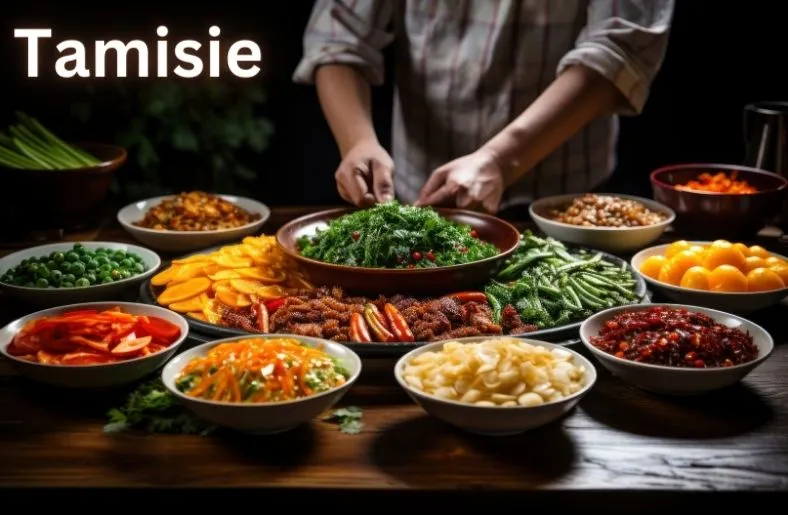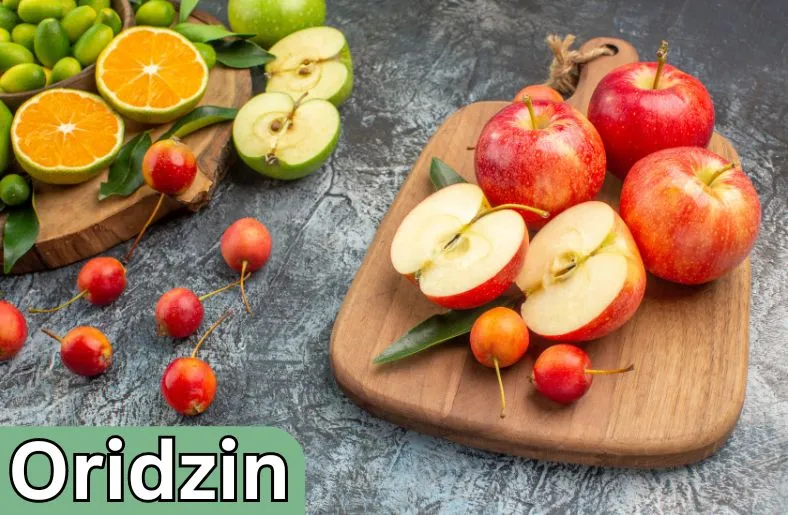Korps Sukarela is the volunteer wing of the Indonesian Red Cross (PMI). It plays a vital role in humanitarian aid across Indonesia. This dedicated group of volunteers responds to disasters and provides essential services. Volunteerism is crucial in meeting societal needs. It brings communities together and fosters a spirit of empathy.
Moreover, volunteers fill gaps where government resources may fall short. Transitioning to the heart of our discussion, let’s explore how Korps Sukarela impacts communities. Their efforts not only save lives but also promote resilience. This is the essence of Korps Sukarela, the heartbeat of humanitarian aid.
History and Background
Korps Sukarela began its journey within the Indonesian Red Cross (PMI). It traces its origins to the early 20th century when Indonesian medical students formed a group to support the independence movement. This group was called the Association of Young Indonesian Students. Over time, it evolved into the Indonesian Student Association. The International Red Cross movement inspired these students.
In 1945, following Indonesia’s independence, the PMI was officially established. Korps Sukarela developed as a crucial component of its framework. Initially, it focused on first-aid training and medical assistance. However, it soon expanded its scope. Now, it engages in disaster relief, blood donation drives, and social welfare programs.
Korps Sukarela has always stayed true to its humanitarian mission. Its volunteers have made significant contributions over the years. They provide critical support during emergencies and disasters. Their work strengthens communities and promotes resilience. Through their dedication, Korps Sukarela embodies the spirit of volunteerism in Indonesia.
Transitioning from its historical roots to its current impact, let’s delve deeper into Korps Sukarela’s structure and activities. This will highlight its continued commitment to humanitarian aid.
Structure and Membership
Korps Sukarela operates within a well-defined hierarchical structure. This structure ensures effective coordination and maximum impact. The organization is divided into several levels, starting from local units and extending to the national headquarters.
At the grassroots, local units operate within educational institutions. These units are primarily formed in universities and high schools. Students in these units receive training in first aid, disaster preparedness, and humanitarian principles.
Moving up, district and city-level units coordinate activities within their respective areas. These units oversee the local units and ensure smooth operations. They play a crucial role in managing resources and supporting volunteers.
At the provincial level, units oversee activities across the province. They work closely with the national headquarters to implement policies and strategies. The provincial units also facilitate collaboration among district and city units.
The national headquarters is located in Jakarta. It provides overall leadership and guidance and is responsible for training programs, policy development, and national-level coordination.
Membership in Korps Sukarela is open to all who are passionate about volunteerism. The rigorous selection process includes interviews, medical examinations, and basic training, ensuring that all members are well-prepared for their roles.
Through its structured hierarchy, Korps Sukarela maintains a robust network of committed volunteers who are ready to serve when needed.
Activities and Impact
Disaster Relief
Korps Sukarela is always on the frontline during natural disasters. Volunteers provide immediate assistance, including first aid and search and rescue operations. They distribute essential supplies and set up temporary shelters. Their swift response and local knowledge save lives and alleviate suffering.
Blood Donation Drives
Regular blood donation drives are vital activities that ensure a steady supply of blood for hospitals and emergencies. Korps Sukarela promotes awareness about the importance of blood donation by organizing events and mobilizing communities to participate.
Health Education
Health education is another critical focus. Volunteers engage in campaigns promoting hygiene, sanitation, and disease prevention. They visit schools, communities, and public places to spread vital health information, which contributes to improved public health and awareness.
Community Development Initiatives
Korps Sukarela also undertakes community development projects. These initiatives aim to improve infrastructure and promote sustainability. Projects include building clean water facilities, improving sanitation, and promoting disaster preparedness. Volunteers work with local communities to identify and address specific needs.
Social Welfare Programs
Social welfare programs extend support to vulnerable groups. Volunteers assist older people, orphans, and people with disabilities. They provide food, medical care, and other essential services. These programs help improve the quality of life for many individuals.
Impact on Indonesian Society
The impact of Korps Sukarela’s activities is profound. Their disaster relief efforts save lives and help communities recover. Blood donation drives ensure critical medical supplies are available when needed. Health education campaigns lead to healthier, more informed communities. Community development projects enhance living conditions and promote resilience. Social welfare programs offer support to those in need.
Overall, Korps Sukarela’s diverse activities significantly contribute to Indonesian society. They embody the spirit of volunteerism and humanitarian aid, fostering a culture of compassion and support.
Challenges and Trade-offs
Korps Sukarela faces several challenges in its operations:
- Recruitment and Retention: Attracting and keeping dedicated volunteers is difficult. Balancing between increasing volunteer numbers and ensuring their quality is essential.
- Training Standardization vs. Localization: A trade-off exists between using a standardized training curriculum and adapting it to local needs. Standardization ensures consistency, while localization enhances relevance.
- Autonomy vs. Alignment: Balancing local autonomy with alignment to higher authorities’ guidelines is challenging. Autonomy allows quick response, but alignment ensures coherence in humanitarian efforts.
- Resource Management: Limited resources necessitate tough decisions on where to allocate time and funds most effectively.
Despite these challenges, Korps Sukarela continues to thrive. Their dedication to volunteerism and humanitarian aid remains strong. They adapt to overcome obstacles while maximizing their positive impact on Indonesian society.
Importance and Significance
Korps Sukarela holds a crucial place in Indonesian society. First, it embodies the spirit of humanitarianism. Through its various activities, it promotes core values like empathy and compassion.
Moreover, Korps Sukarela strengthens community resilience. By responding swiftly to disasters, it helps communities recover and rebuild. This support fosters a sense of security and preparedness among residents.
Additionally, Korps Sukarela empowers its volunteers. Participants gain valuable skills in leadership, teamwork, and problem-solving. These experiences benefit the volunteers and enhance their contributions to society.
Furthermore, Korps Sukarela encourages a culture of volunteerism. This culture inspires others to contribute to societal well-being.
In essence, Korps Sukarela is more than a volunteer organization. It is a pillar of support, resilience, and empowerment in Indonesia. Through its efforts, it continues to make a significant impact, promoting humanitarian values and fostering a strong, united community.
Conclusion
Korps Sukarela is a vital component of the Indonesian Red Cross (PMI), which is crucial in providing humanitarian aid across the nation. With roots tracing back to the early 20th century, it has evolved into a well-structured organization committed to disaster relief, health education, blood donation drives, and community development. Despite challenges like volunteer recruitment, training standardization, and resource management, Korps Sukarela’s dedicated efforts continue to make a significant impact.
The organization addresses immediate needs during crises, fosters community resilience, and promotes a culture of volunteerism. Through empowering its volunteers and engaging in diverse humanitarian activities, Korps Sukarela embodies the spirit of compassion and solidarity. It remains a pillar of support, resilience, and empowerment in Indonesia, consistently contributing to the betterment of society and inspiring others to join the cause.





